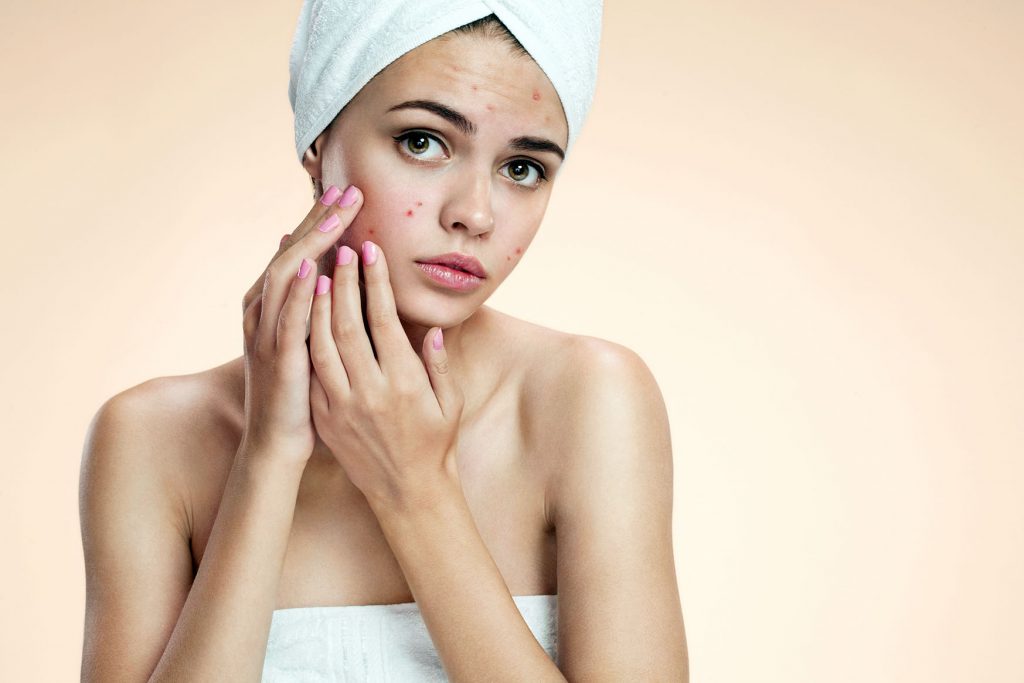By: Deborah Williams
We recently commissioned an independent survey of more than 3,000 mums with daughters aged between 7-14 years.
The survey shows Australian mums are increasingly worried about their daughters’ self-confidence when it comes to body image and problem skin.
Almost 15% of the mothers surveyed were worried that their daughters are spending an excessive amount of time on social media while almost as many said their biggest concerns for their daughters growing up is that they will not have enough self-confidence. More than 20% of the respondents said that they worry about their daughters developing problem skin as a result of not looking after their skin.
“Some girls are becoming self-conscious about their body image as early as the age of nine,” says Deborah Williams, Girl Lane co-founder and pharmacist. “The biggest factors contributing to tweens’ and teens’ body image problems include media and peers.”
“Over half the mothers surveyed say their daughters feel very conscious and ‘super sensitive’ when they are experiencing problem skin and pimples, but over 30% of mothers surveyed believed that their daughters do not need to use skincare products or do not believe there are suitable skincare products available.”
“As mothers we need to address body image and problem skin issues appropriately from an early age,” continues Williams. “Our advice is to ensure your tweens understand how media images are manipulated, and to approach the topic of problem skin with care.”
“Most skin damage occurs before the age of 17. Developing good skincare habits helps to promote healthy skin later in life. For tweens it is important they cleanse their face morning and night with appropriate face wash and to apply sunscreen daily. Regular skincare will help boost self-confidence and help keep skin problems at bay.”
ASK THE PHARMACIST:
Q&A : I have really thick and long hair. My hair also is greasy and frequently has dandruff. What should I do?
You are not alone. Every single day there are girls dealing with the same problem. The flaky scalp is most likely dryness and not dandruff. Dry scalps are especially common amongst girls and during winter. This is because most shampoo and conditioner has a pH of 8-10 but the scalp has a pH of 5.5. And so this pH imbalance leads to dry scalp, and your scalp responds by producing too much oil and the cycle goes on.
Make sure you rinse shampoo out really, really well, and limit hair washing to no more than 2-3 times per week. If you are washing your hair every day it will become more oily. If it gets oily in the short term, just use a good quality dry hair shampoo at night before bed (so your hair doesn’t stay white all day!). You will also find that tying it back will stop irritation from excess oil.
Also, only use shampoo once, not twice per wash as its not needed.
Gently wring out excess water and then apply conditioner from the mids to the ends of your hair. Your scalp does not require conditioning, and by focusing on the mids to ends you will ensure hair is manageable but scalp is not overly oily.
Sometimes if your scalp gets really flaky you need a treatment from the Doctor, so a visit to your GP is a good option if the above hasn’t made much of a difference after 2 weeks.
Deborah is a mother of three, and has been an Australian Pharmacist for 14 years. She has been involved in pharmaceutical formulary as a consultant for leading dermatologists in Melbourne. From this experience, she developed a special interest in skincare, which became targeted to children’s skin when she became a mother. She has been formulating skin products for patients for over a decade and has decided to make a skincare range, Girl Lane, exclusively for girls to fill an obvious need in the community. Her formulations are designed to provide a range of nourishing and protective natural botanical ingredients, safely complemented by the best of science.

